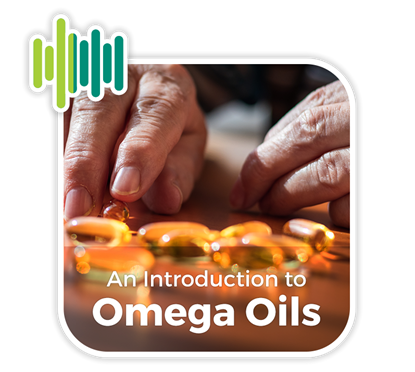Is it now time to become part of the revolutionary omega 3 movement that is looking to satisfy our insatiable appetite for health-promoting Omega 3 supplements in a more ecologically friendly manner, that’s good for both us and our planet?
A growing number in the UK now identify a potential need to consider inventive, ecologically friendly, ways to rebalance our daily intake of Omega 3 and 6. We currently have a reported average dietary intake ratio of 16:1, in favour of omega 6, and yet the ideal ratio for optimum health is considered to be more in the range of 1.1 -1.3, in favour of Omega 6. Therefore with an inability to create Omega 3 for ourselves, it is an essential nutrient to consider when evaluating the nutritional values of any diet or additional nutritional supplementation program.
Omega 3, in particular, is noted to be essential in maintaining optimum cardiovascular health (in 2015 heart attacks are noted to be the biggest killer of males and the second biggest killer of females), this nutrient also plays a key role in supporting those with mental health issues, aiding those suffering from depression, reducing the symptoms of ADHD, combatting age-related mental decline and Alzheimer’s. Also recognised is its importance for other health issues like maintaining skin, eye, bone, and joint health, reducing asthma in children, combating auto-immune diseases, reducing fatty liver, delivering an anti-inflammatory quality, considered to be key in pregnancy for fetal brain development, as well as having been noted to alleviate menstrual pain and improve sleep. So, in every way, it really is an essential nutrient to consider.
As many of the plant forms of Omega 3, like flax and hemp, deliver this nutrient in the form of Alpha-Linolenic Acid, that is considered to be more challenging to break down and utilise, many consumers turn to a supplement delivering both EPA and DHA, often in the form of fish oils.
However, with studies forecasting the complete collapse of the world fish population by 2048, more of us are looking at ways to obtain omega 3 supplementation in the form of both EPA and DHA that has a minimal impact on our environment and our delicate ecosystem.
This is why many consumers of fish sourced omega 3, are now turning to a more sustainable, algae-based, eco-friendly, vegan form of omega oils for their supplementation. This source also has fewer potential issues with contaminants, and therefore marks a new revolution within the Omega oil supplement sector, as the eco-friendly option that is suitable for many on a restricted diet.
In his latest podcast, David Green reviews the key points to consider whilst reviewing your chosen Omega 3 supplementation.











